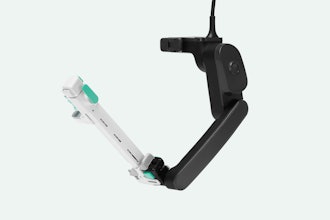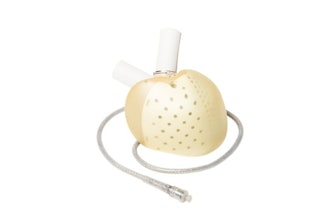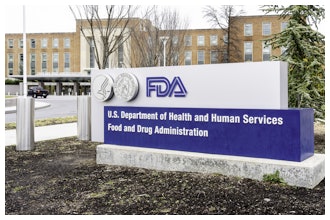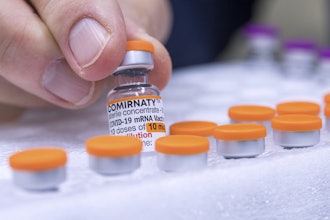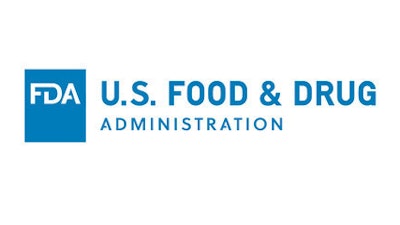
The U.S. Food and Drug Administration today issued a draft guidance that, when finalized, will provide the agency's perspective on the ethical considerations for including and protecting children in clinical trials.
The draft guidance is intended to assist industry, sponsors and institutional review boards (IRBs) when considering the enrollment of children in clinical investigations of drugs, biological products and medical devices.
"Children need access to safe and effective medical products and health care professionals need data to make evidence-based decisions when treating children. However, children are a vulnerable population who can't provide consent for themselves and are afforded additional safeguards when participating in a clinical investigation," said Dionna Green, M.D., director of the FDA's Office of Pediatric Therapeutics. "The best way to provide children with safe and effective treatment options is by including them in clinical research and providing these additional safeguards to protect them during clinical trials."
Historically, children were not included in clinical trials because of a misperception that excluding them from research was in fact protecting them. This resulted in many FDA-approved, licensed, cleared or authorized drugs, biological products, and medical devices lacking pediatric-specific labeling information.
If the medical product was the best available treatment option for the child, doctors were left with no choice but to use a product that had not been reviewed by the FDA for safety and effectiveness in children. It became clear that children can be better protected by including them in clinical research.
The draft guidance, "Ethical Considerations for Clinical Investigations of Medical Products Involving Children," describes the ethical framework for protecting children in clinical research, which includes risk and benefit considerations. The draft guidance outlines and explains fundamental concepts for the ethical framework that IRBs, sponsors and industry should consider when reviewing or conducting clinical trials involving children, including:
- Scientific necessity of conducting a clinical investigation in children
- Risk categories for interventions or procedures that do not offer a prospect of direct benefit to the child
- How to evaluate whether an intervention or procedure offers a prospect of direct benefit to the child
- Assessment of risk for interventions or procedures with a prospect of direct benefit
- Component analysis of the risks of interventions or procedures
- Potential for review, under a regulatory provision, of research that is not otherwise approvable by an IRB
- Parental or guardian permission and child assent
The public can provide comments on the draft guidance. Any comments should be submitted within 90 days to ensure that the agency considers them when finalizing the draft guidance. The FDA remains committed to protecting children in clinical trials and assuring the safety and effectiveness of medical products for children.
The guidance was developed by the FDA's Office of Pediatric Therapeutics with contributions from the Center for Drug Evaluation and Research, the Center for Biologics Evaluation and Research and the Center for Devices and Radiological Health.










